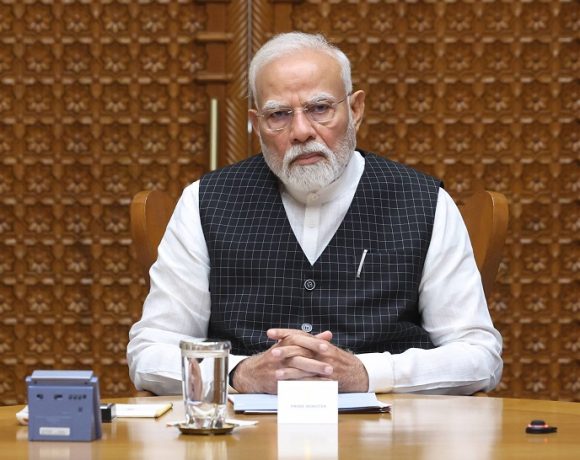
Indian Firms Invest $6M in Turkiye, Azerbaijan
Indian companies have committed nearly $6 million in foreign direct investment (FDI) to Azerbaijan and Turkiye in April 2025, according to data from the Reserve Bank of India. This is part of a broader upswing in India’s outbound investments, which totaled $6.8 billion in April, compared to $3.59 billion in the same month last year.
A bulk of this investment came through Project Aslan, with $5.6 million directed towards agriculture and mining sectors in Azerbaijan. In Turkiye, Omega Plasto Ltd and Rama Pure Water Pvt Ltd engaged in joint ventures in the retail, trade, and hospitality sectors. Additionally, Axiro Semiconductor Pvt Ltd invested in Turkiye’s manufacturing industry through a wholly owned subsidiary.
Strategic FDI Amid Geopolitical Tensions
The investments come at a time of growing geopolitical friction. Turkiye and Azerbaijan have criticized India’s military actions during Operation Sindoor, following the Pahalgam terror attacks. Despite strong public sentiment in India demanding boycotts of Turkish products and tourism, these investments suggest that Indian companies are prioritizing long-term strategic economic interests.
This contrast between political rhetoric and economic engagement underlines the pragmatism of Indian business entities operating globally, particularly in emerging markets like Turkiye and Azerbaijan that offer industrial, resource, and consumer growth potential.
India’s Global Investment Footprint Expands
Beyond the $6 million in Turkiye and Azerbaijan, India’s outbound FDI in April was led by major corporations including Tata Communications, Life Insurance Corporation, and JSW Neo Energy. These investments spanned multiple sectors such as energy, technology, and manufacturing, reflecting India’s broader goal of integrating more deeply into global value chains.
With geopolitical uncertainties rising across multiple regions, India’s economic outreach appears undeterred. Rather, it is evolving to navigate complexities while tapping into overseas growth avenues. The trend suggests India’s corporate sector is playing a growing role in shaping the country’s global economic profile.


















